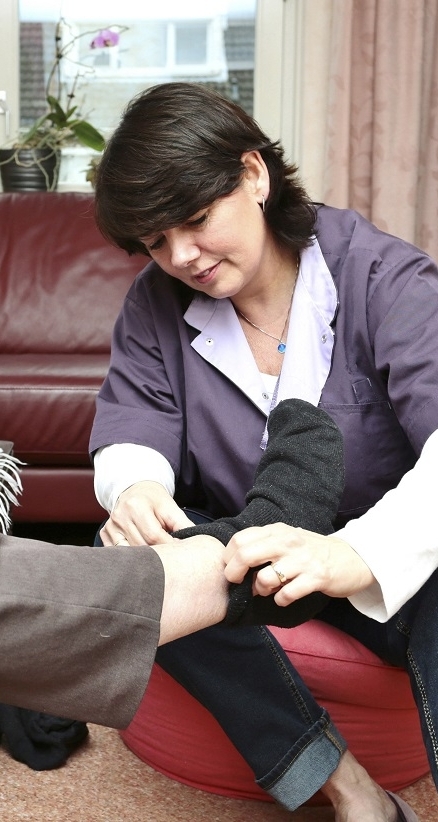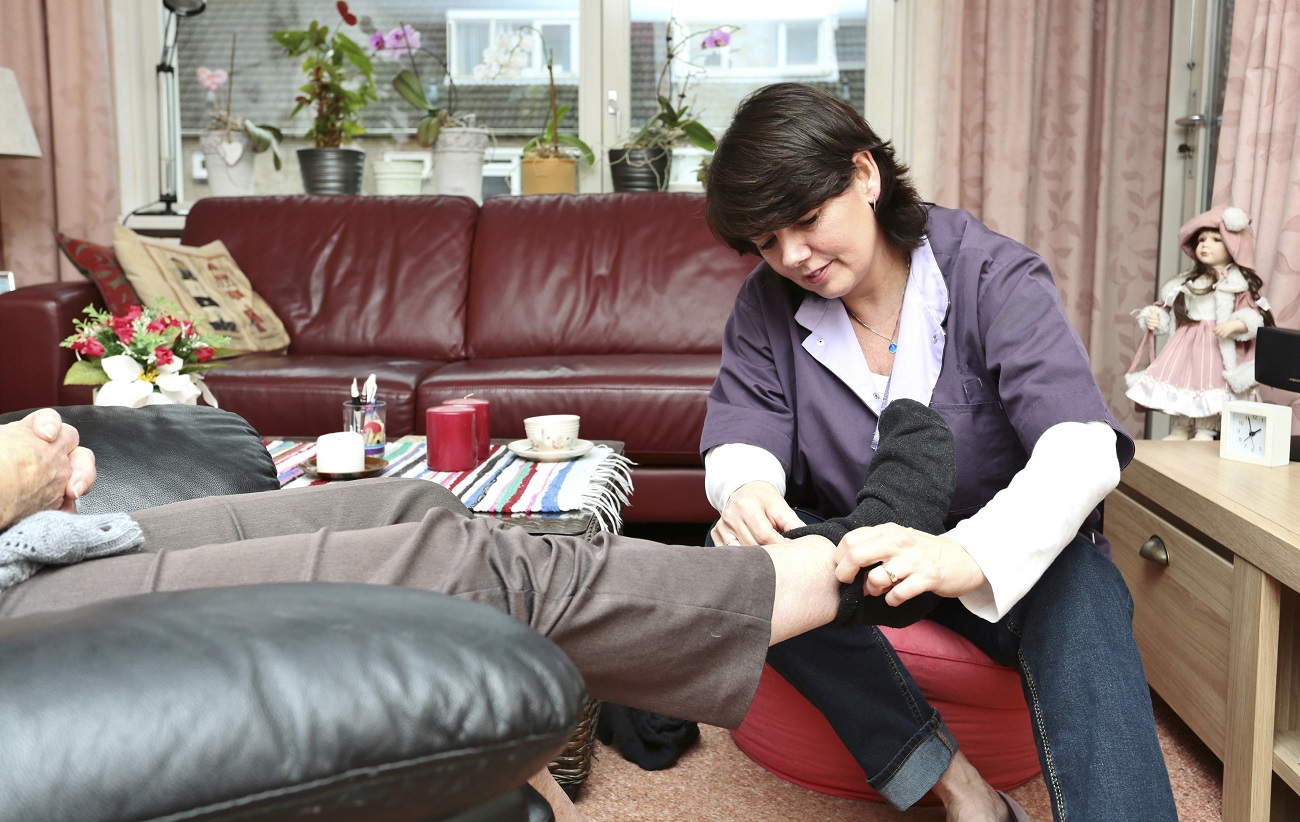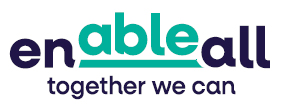
Personal Care Geelong
For various reasons, living independently in your own home can become difficult. Tasks you may once have found easy to do may now be much harder or impossible to complete without help. If you’re finding it harder to do the things you used to, personal care assistance could be the service you need.
A Personal care support worker doesn’t mean you have to give up your independence. Getting the help you need with daily living activities will not only assist you in staying independent in your own home for longer, it can also help you live your best life.
What is Personal Care support?
Personal care supports relate to assistance with a wide range of daily personal activities including assistance with, or supervision of a wide range of everyday living tasks. At Enable All our support workers are skilled at supporting:
- personal hygiene, including showering, bathing, oral hygiene, dressing and grooming
- toileting, bladder and bowel management and menstrual care
- eating and drinking
- attending appointments
- use of aids and appliances, hearing and communication devices
- mobility and transferring, for example moving in and out of bed and on or off the toilet; or
- application of splints, basic first aid due to injuries sustained as a result of a participant’s disability
Under direct or indirect supervision of a Registered Nurse, personal care support can also include in home nursing care services with tasks like:
- enabling you to take your prescribed medication
- assisting with gastrostomy feeding
- attending to complex bowel care
- attending to tracheostomy management
- conducting urinary catheter care
- performing complex wound management
| Tip – The list above provides just a few examples of what personal care might look like. The personal care and nursing at home needs of our clients vary widely depending on disability, age and any disability related health support needs. Speak with your trusted friends, family or support worker as to what personal care supports might look like for you. |
-
When may personal care supports be required?
Personal care supports may be required across a variety of settings. For example, a participant living alone in their own home, living with family or other people, when undertaking social, recreational, education or employment activities or during holidays away from home.
What should I consider when identifying personal care supports?
Whether you are seeking personal care supports privately or as part of a government funded support plan, it is important to consider the following questions:
- how these supports will maximise my independence and functional skills?
- are these supports appropriate to my age and circumstances?
- are there alternative arrangements or supports that could better meet my needs in a less intrusive manner?

TIP – If you are wanting to include personal care supports as part of your NDIS or My Aged Care plan, be sure to discuss with either your NDIS Local Area Coordinator (LAC) or relevant planning worker how these supports will assist you in pursuing your goals.
-
What considerations do I need to make in planning supports for a young child as part of an NDIS plan?
Personal care supports for children are not intended to replace the usual care and supervision provided, or paid for, by a parent. However, the NDIS may fund personal care supports for children with complex needs where the level of support needed is beyond the level usually required for children of the same age.

What levels of personal care support are available to me?
The NDIS and My Aged Care programs have identified levels of support that you can apply for at the point of assessment or service planning stage.
When applying for personal care supports as part of a government funded program, there are provisions in place to consider special circumstances. These can include:
- high care / complex needs (eg: unstable seizure activity or respiratory support)
- the weight (and other physical aspects) of the participant
- the medical condition of the participant, including any medication required
- the number of people that are required to complete tasks
- the potential that time-limited funding focused on building capacity to independently perform personal care activities will have on reducing a participant’s longer term support costs
TIP – Both programs will also have criteria on particular activities and payments that are not covered so be sure to review these when considering the supports you require.
-
What other supports will the NDIA consider to strengthen personal care supports?
The NDIA will also consider whether assistive technology , home modifications or other supports that can be used to reduce the level of assistance with daily personal activities.
Finding the right personal care worker for me.
Whether you are seeking personal care supports in a private capacity or as part of a government funded support plan, once you have identified the supports you need the next step is to take the time to choose the best personal care worker / service for you.
At Enable All we believe that in order for a personal support care worker to be a good fit, they should be:
- Respectful – mindful of language, culture and how their actions affect others
- Empathic – care deeply about others, their health and wellbeing
- Reliable – punctual and consistent in thought and action
- Patient – giving time and encouragement in assisting others complete a task
- Good natured – a bright personality and good sense of humour
- Practical – solutions-focused when it comes to solving problems
- Observant – keen eyed in identifying if things are working well or need improvement
- Experienced & Qualified – have the training and understanding to do the job well
At Enable All, we would strongly encourage that we meet first and have a conversation about the supports you need. This meeting can be over the phone, online or face-to-face, whichever you choose.
To help guide our first meeting, we will ask you some questions to help us get to know you and the kind of assistance you need.
TIP – You may like to come up with some questions that will help you get to know us better. You may also like to bring a trusted family member or friend with you to our first meeting so that they can help you collect all the information and afterwards, decide if your Enable All personal care worker is a good fit for you.
-
Can I request that private personal care not be provided by family or friends?
Yes. A participant’s request that intimate personal care not be provided by family members or friends should always be respected and taken into account when determining the level of assistance that should be funded.

Call Enable All Today.
At Enable All, we believe the right personal care supports can help people live a life of meaning and independence. Considering the assistance you need and choosing the right personal care worker for you are crucial to getting the most out of your supports.
We have experienced personal care workers who are ready to help you with the tasks and supports you need.
Make a time to meet with us and hear how we can help.

